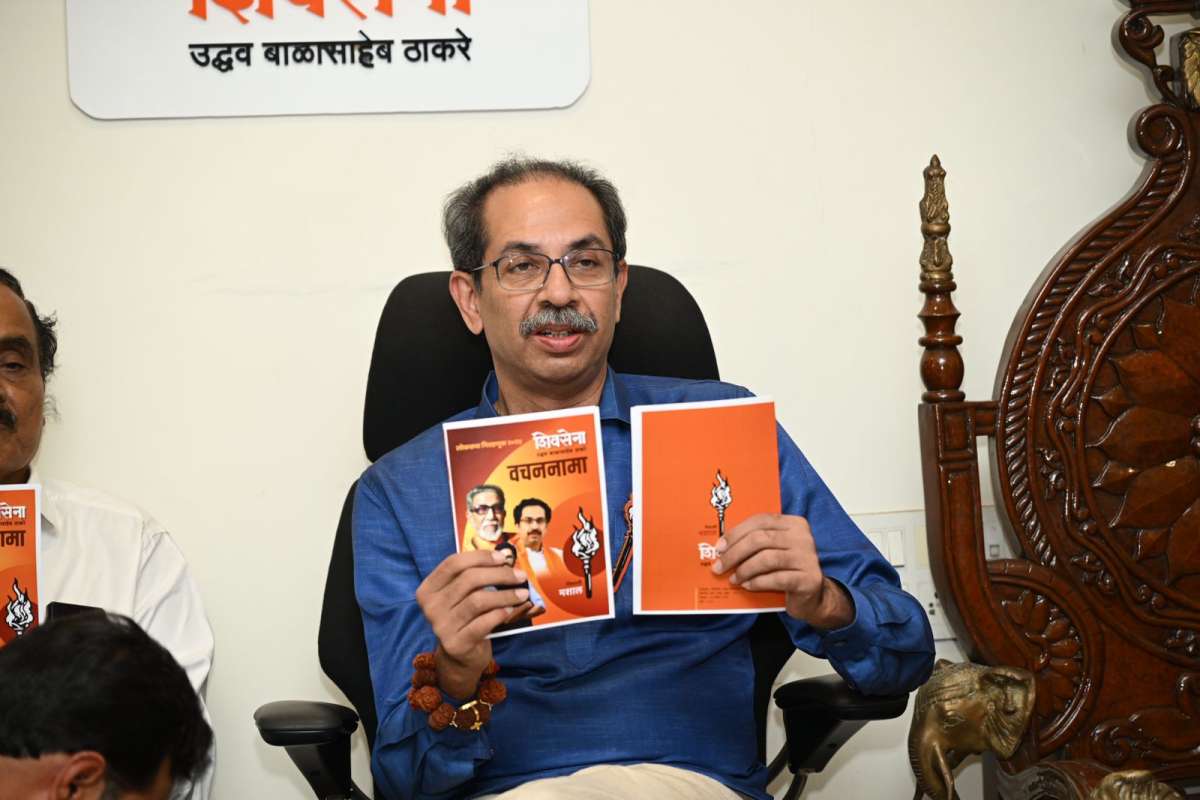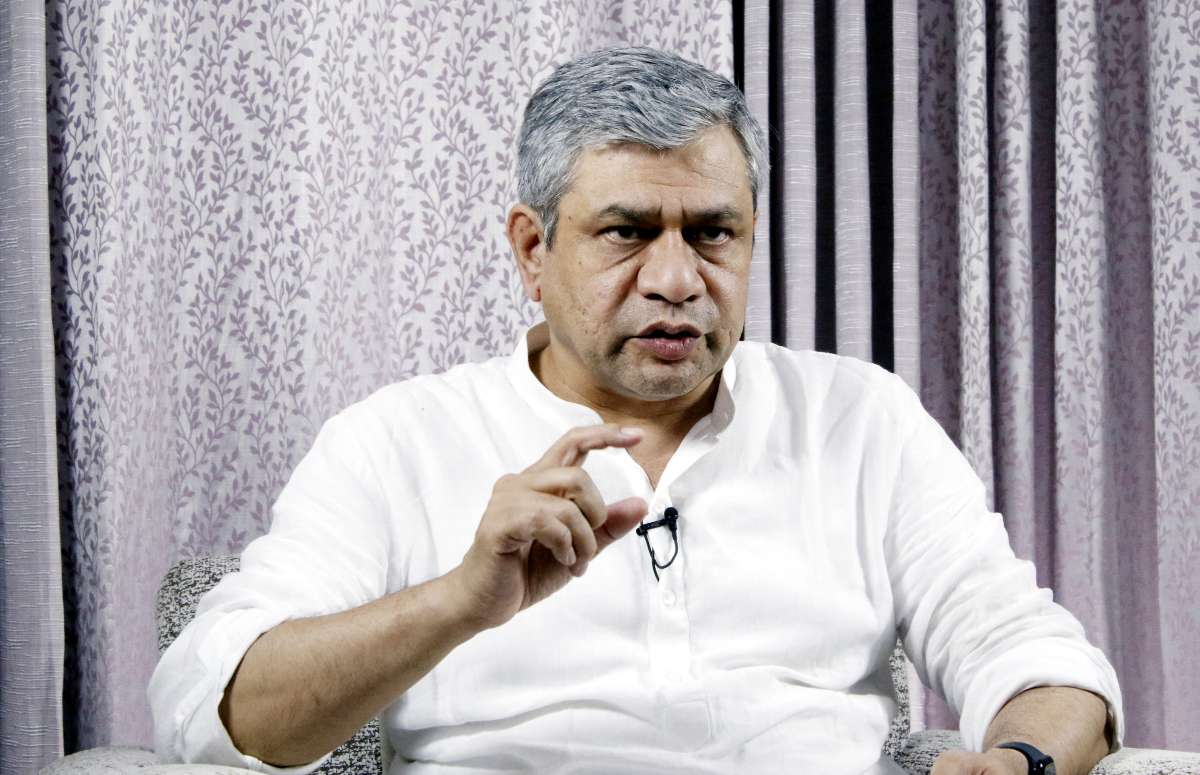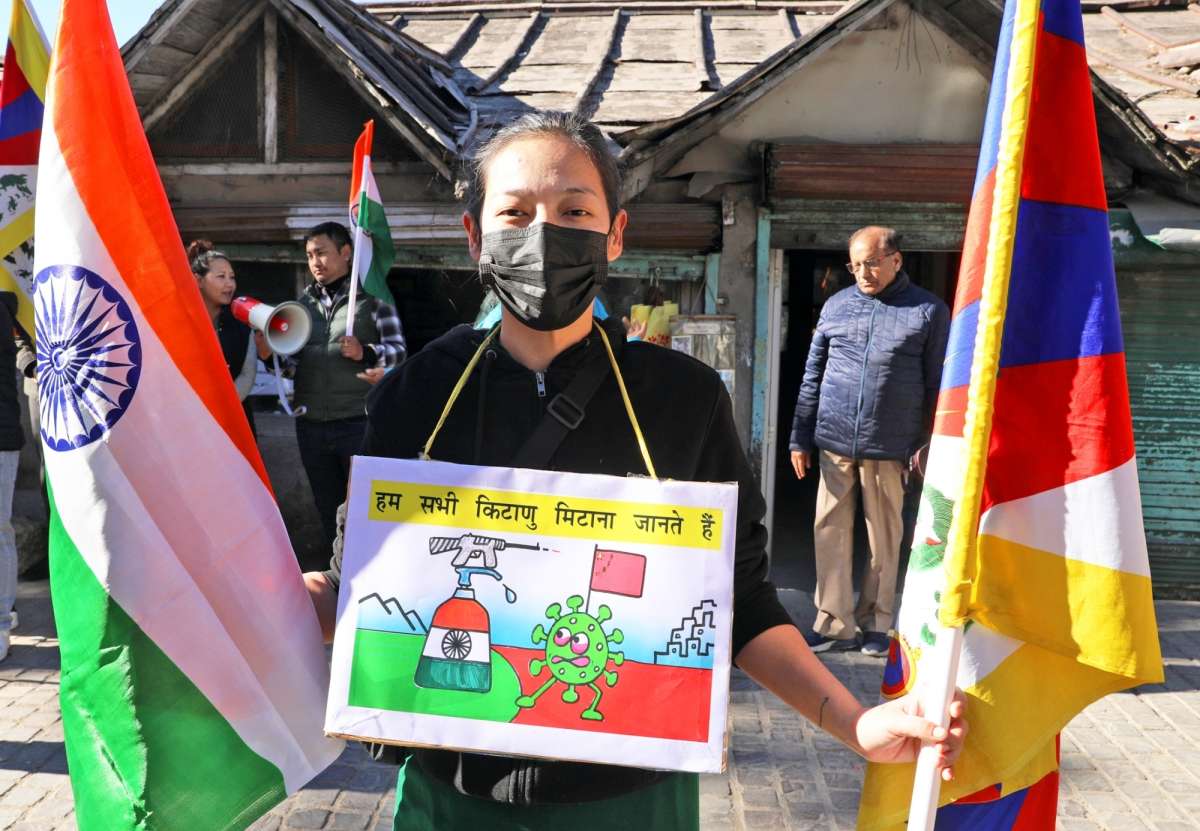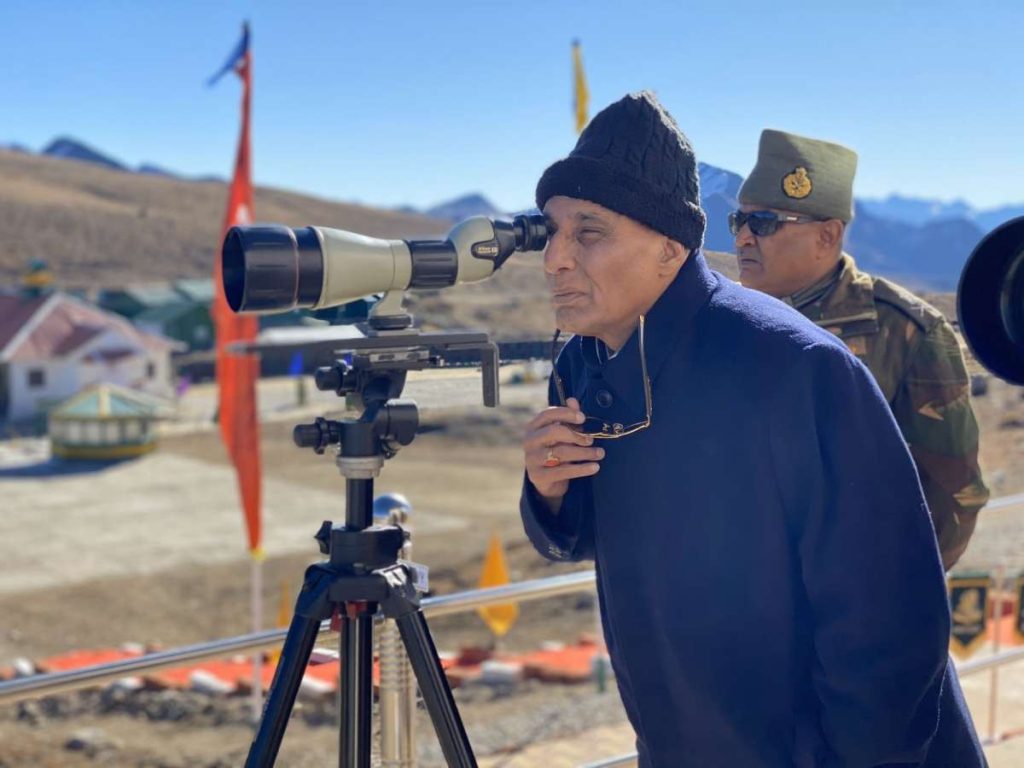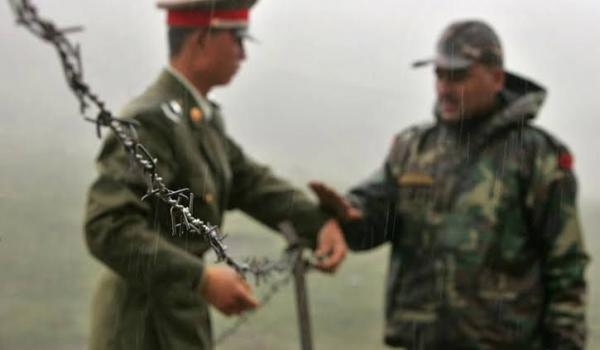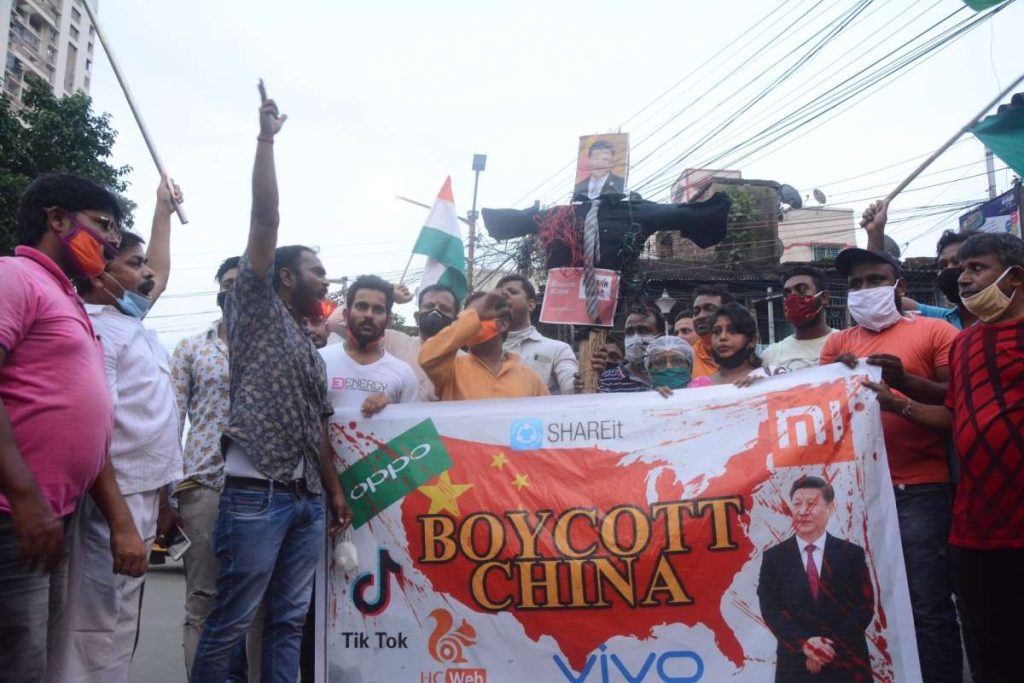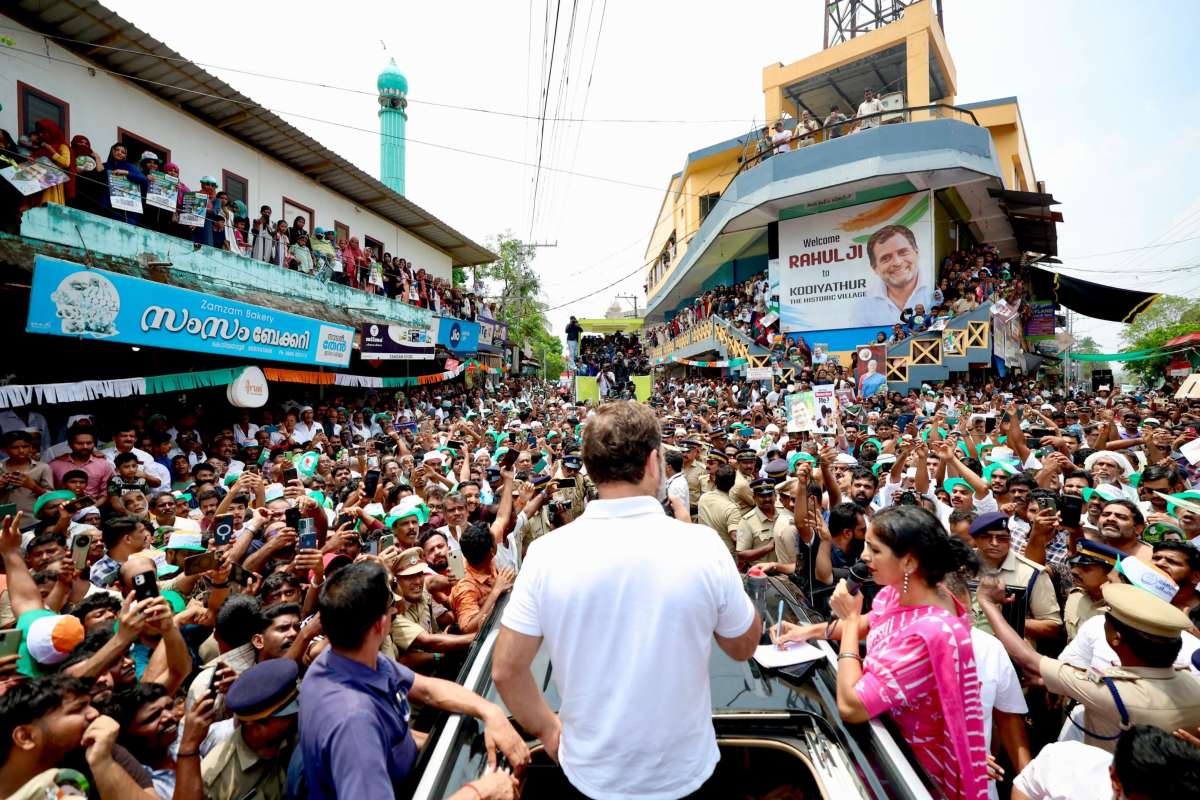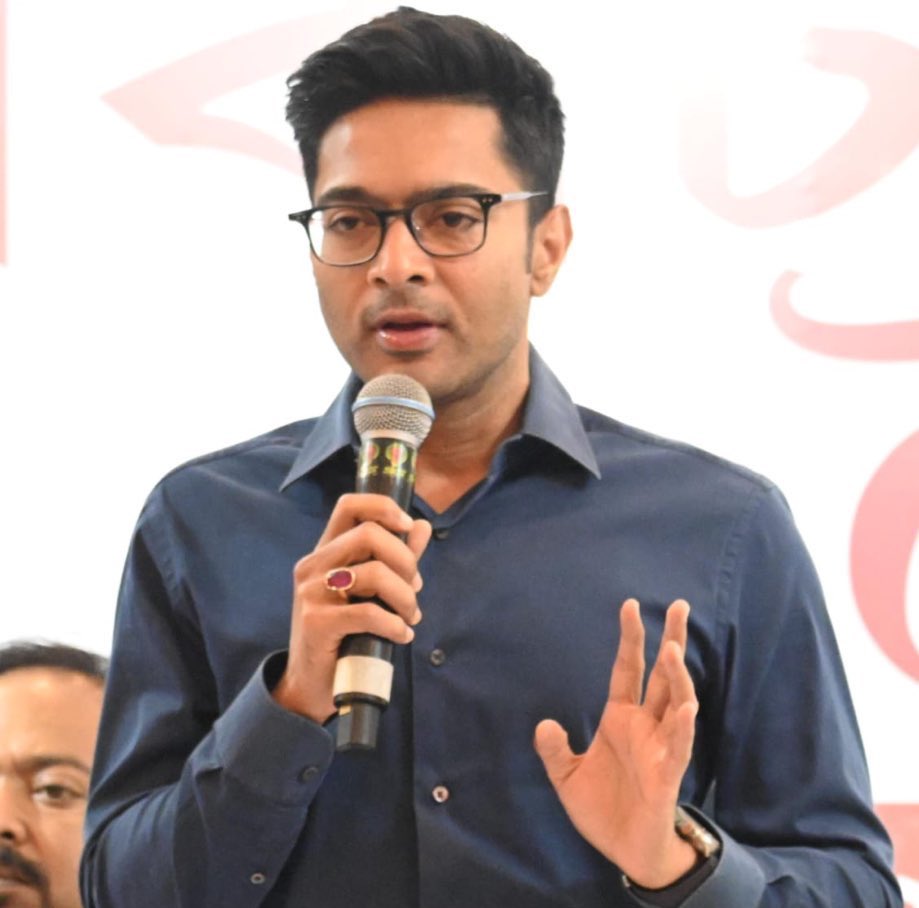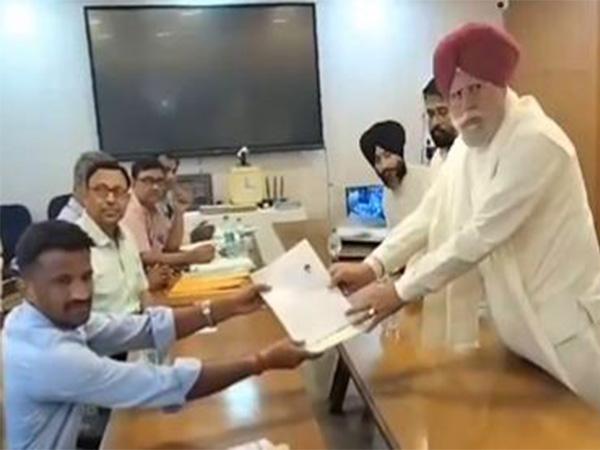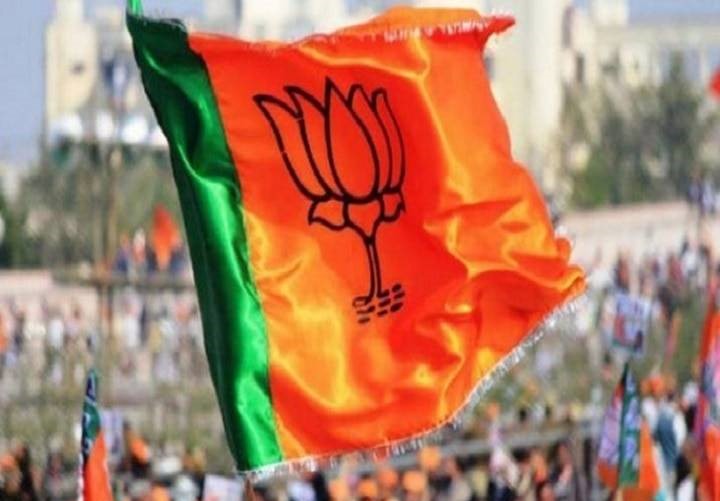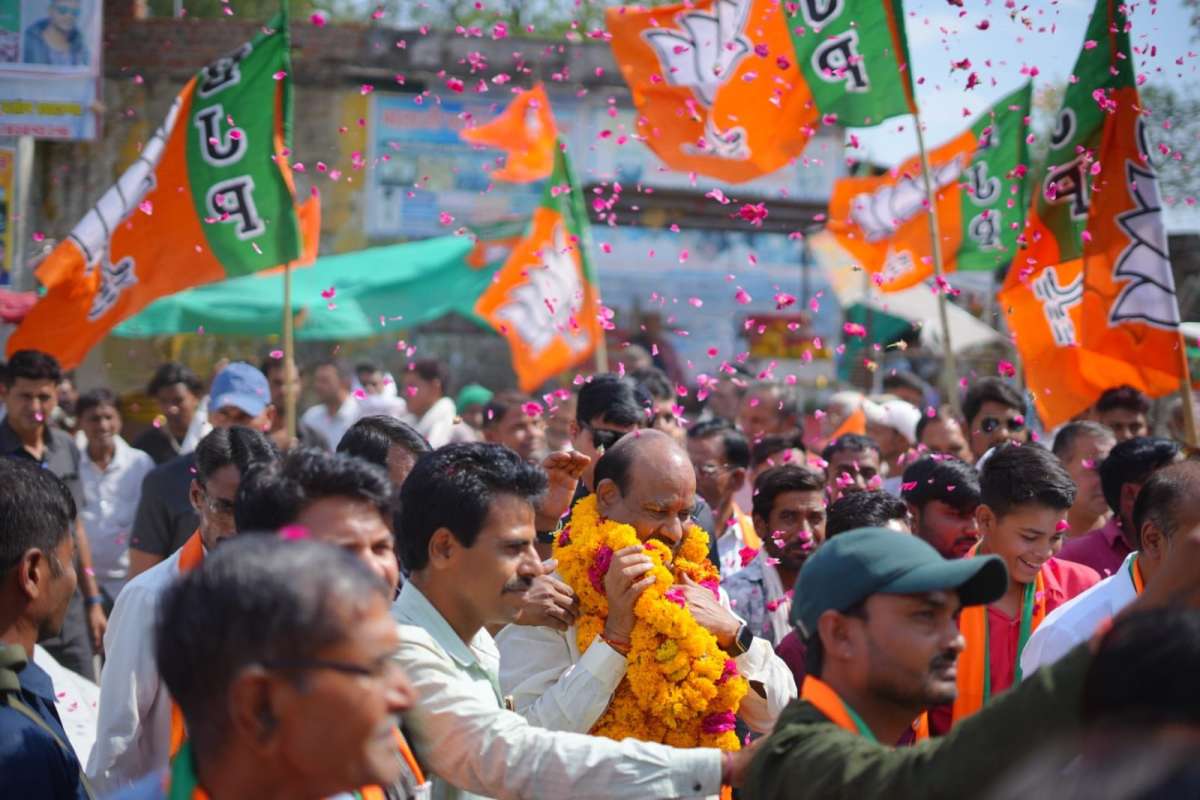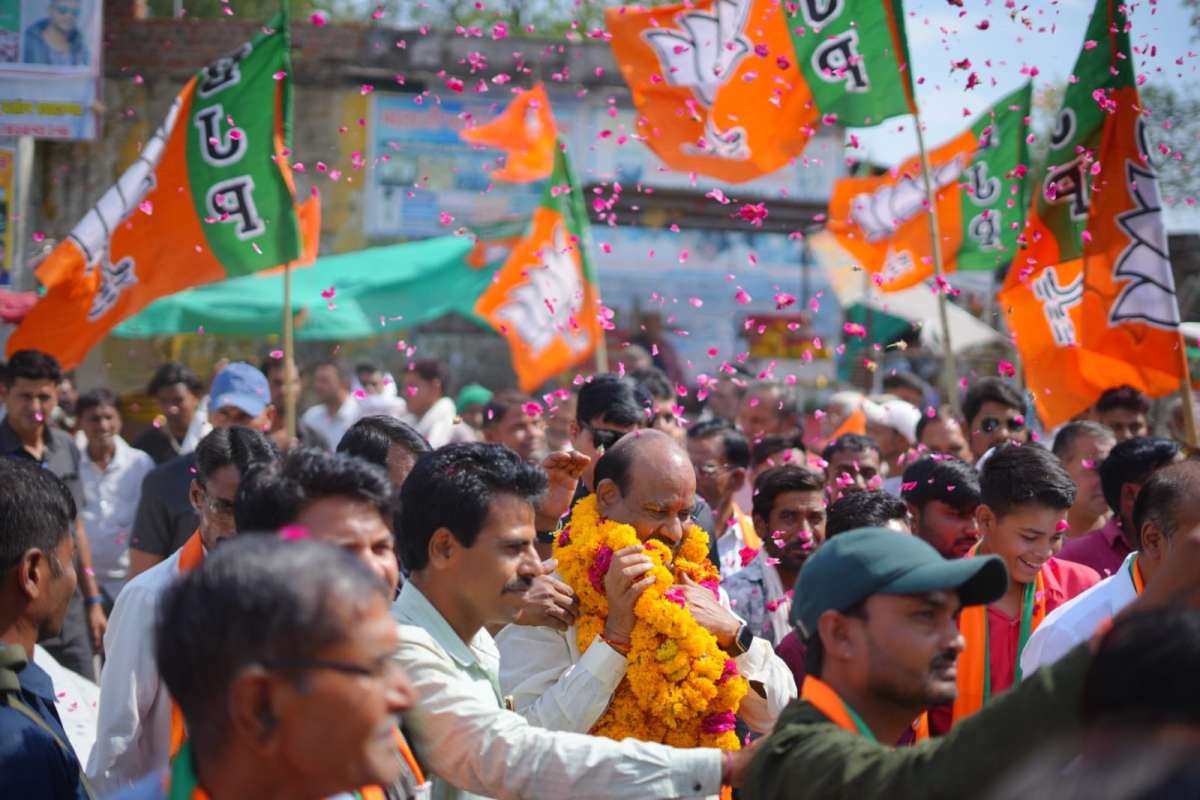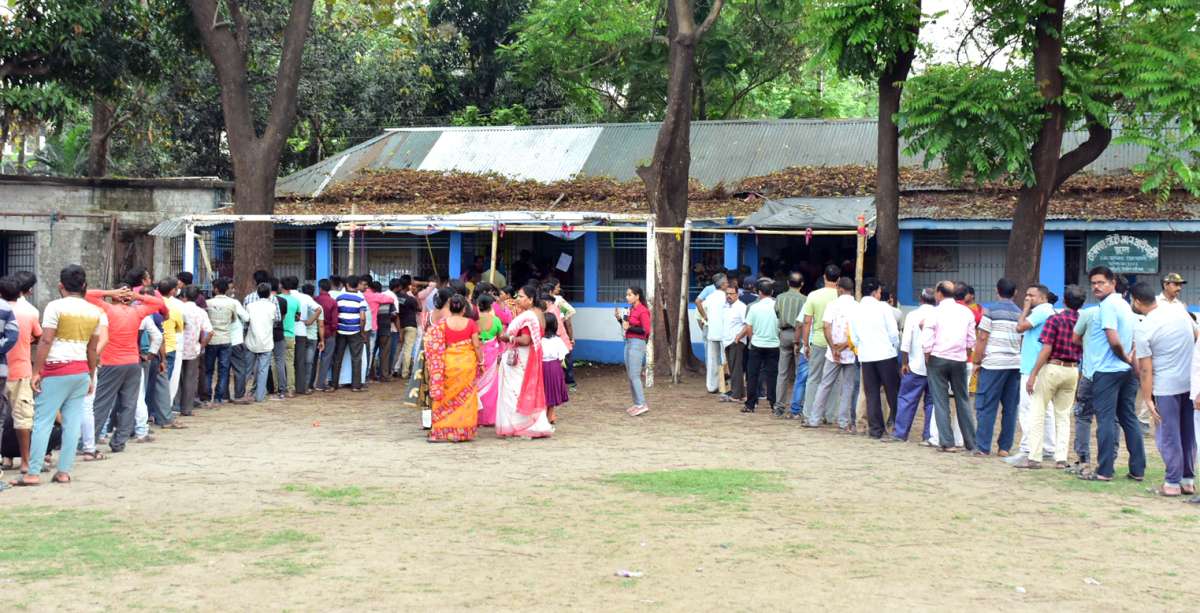Shiv Sena (UBT) President and ex-Chief Minister Uddhav Thackeray released its election manifesto on Thursday…reports Asian Lite News
The Shiv Sena (UBT) released its election manifesto on Thursday, promising ‘dignity’ to all states and opposition to mega-projects like the world’s two biggest ventures — the Jaitapur Nuclear Power Plant at Madban, and the Ratnagiri Refinery & Petrochemical Ltd at Barsu — both in Maharashtra.
Releasing the manifesto, Shiv Sena (UBT) President and ex-Chief Minister Uddhav Thackeray said that though the party has published its independent ‘vachan-nama’, it would remain duty-bound to follow the INDIA bloc constituents’ manifestos released earlier.
Treading sensitive territory, Thackeray said that the SS (UBT) would strongly oppose the two upcoming mega projects — the JNPP at Madban village and the RRPL at Barsu village — both in the coastal Ratnagiri district.
“In the past, there have been several agitations opposing these projects and also the Vadhavan Port in Palghar, as they could destroy the state’s ecology… If the local people don’t want such projects that can damage the environment, we shall respect their sentiments and say ‘no’ to these ventures,” declared Thackeray.
While farmers remain the focal point of the SS (UBT) manifesto, Thackeray assured that all other sections of the society, including women, youth, the unemployed, and the deprived classes, shall also be treated with equality and given their due.
“The Bharatiya Janata Party has systematically looted business and investments from Maharashtra… When the Maha Vikas Aghadi (MVA) government was ruling the state, the Centre did not help us in any way. When the INDIA bloc comes to power, we shall treat all states, including those ruled by the BJP, with dignity,” Thackeray said.
He also said that the INDIA bloc government would resolve all the problems created by the BJP-NDA regime by disregarding the country’s federal structure.
The SS (UBT) will ensure that all the farming inputs like seeds, fertilisers, or equipment, shall be removed from the GST ambit to make the peasants debt-free, ensure Minimum Support Price (MSP) for all farm produce, improve the lives of the farmers as recommended by the M.S. Swaminathan Commission Report, and put an end to the malaise of widespread farmer suicides.
If voted to power, the new regime will open up 30 lakh government vacancies for the youth and give them all the other benefits as promised in the manifestos issued by the INDIA bloc constituents.
The party will have similar policies to empower women, ensure their safety and security, and other benefits that are committed in the national opposition’s ‘vachan-nama’, said Thackeray.
“When the MVA was in power in Maharashtra, we had frozen the prices of five essential commodities for five years… We shall propose the same on an all-India basis. If it could succeed in Maharashtra, why can’t it be implemented in other states? It would benefit the poor masses in a big way,” Thackeray claimed.
The Congress released its manifesto a fortnight ago in Delhi, while the MVA allies — Nationalist Congress Party (SP) and SS (UBT) — published their policy documents in Pune and Mumbai on Thursday, respectively.
Shinde compares Uddhav Thackeray to a chameleon
Maharashtra Chief Minister and Shiv Sena chief Eknath Shinde on Thursday made a scathing attack on Shiv Sena (UBT) chief Uddhav Thackeray’s swift shifts in political stance, comparing it with the rapid colour changes of a chameleon.
Eknath Shinde made the remarks during a rally organised in support of MahaYuti candidate Sandipan Bhumre who is contesting from the Chhatrapati Sambhajinagar Lok Sabha constituency.
“Uddhav Thackeray was singing hymns in praise of Prime Minister Narendra Modi while he was in the alliance. But now, Maharashtra has witnessed a lizard changing colour swiftly, with stones being thrown…,” he said.
Eknath Shinde emphasised the necessity for a united front against such political flip-flopping.
“Maharashtra has observed a significant political metamorphosis, reminiscent of a lizard swiftly changing its hues,” he said while denouncing the opportunistic nature of recent political maneuvers.
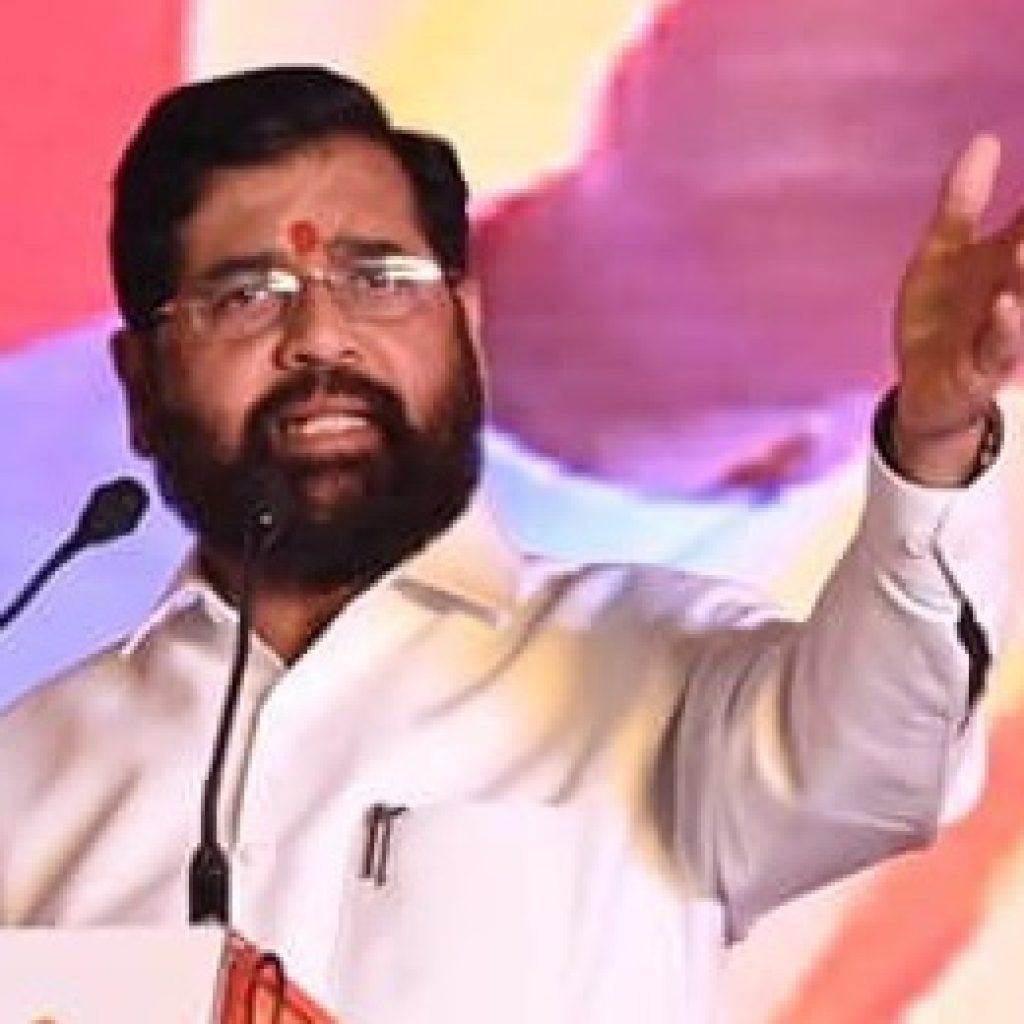
“I firmly believe that the upcoming election will usher in a victory for unity and progress,” the Maharashtra CM said, underscoring the importance of the ongoing developments under the leadership of Prime Minister Narendra Modi.
“PM Modi’s initiatives, such as providing free ration to 80 crore underprivileged individuals, transcend religious boundaries,” asserted Shinde, urging a departure from divisive rhetoric, and bringing the focus on constructive dialogue.
“The ballot box, not vitriol, shall be the arbiter of our political landscape,” he said, calling upon the voters to exercise their franchise wisely.
ALSO READ-TMC slams BJP over alleged assassination attempt on Abhishek

